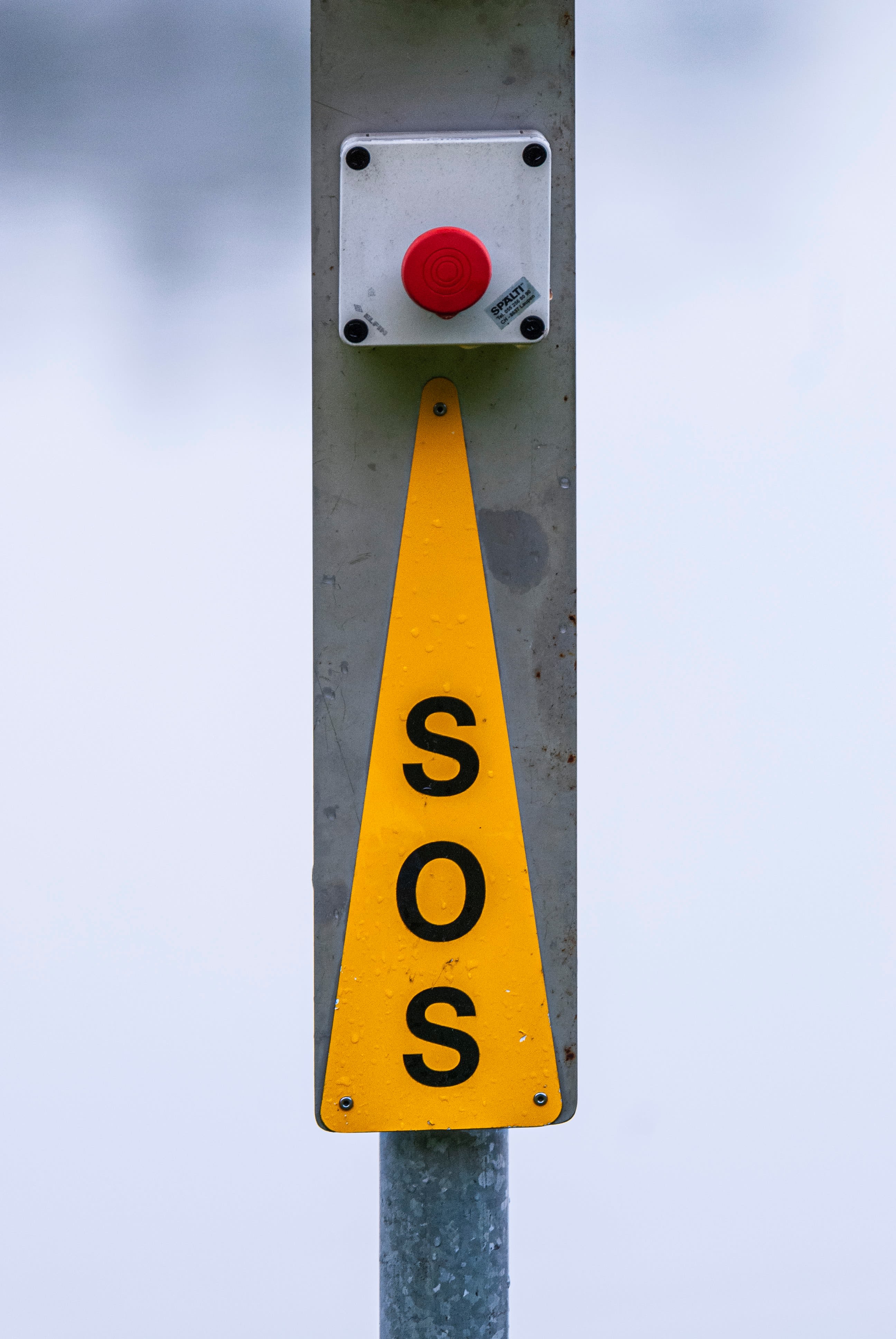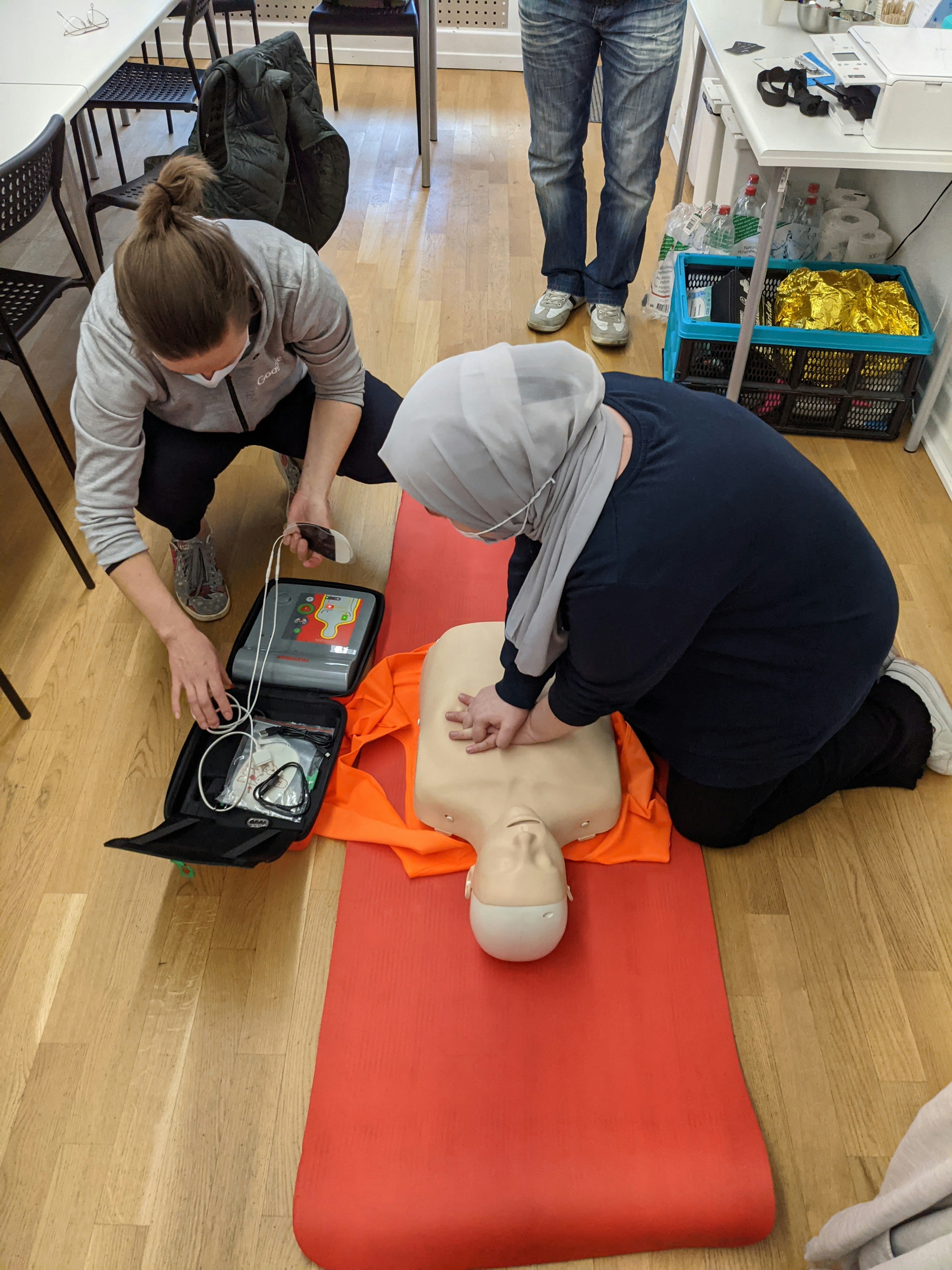Handling Emergencies:
How we Navigated the Pandemic

Emergencies, whether they come in the form of natural disasters, health crises, or other unforeseen events, can disrupt daily life and pose significant challenges. The COVID-19 pandemic has been a stark reminder of the importance of preparedness and adaptability in the face of such situations. Here are some key steps to effectively handle emergencies, ensuring safety and resilience during times of crisis.
Stay Informed
Knowledge is power during emergencies. Keeping yourself updated with accurate and timely information is crucial.
Reliable Sources: Follow updates from trusted sources such as government agencies, health organisations, and reputable news outlets. For instance, during the pandemic, organisations like the World Health Organisation (WHO) and the Centers for Disease Control and Prevention (CDC) provided essential information.
Local Alerts: Sign up for local emergency alerts and notifications. These can provide real-time updates specific to your area, such as evacuation orders, health advisories and weather warnings.
Social Media: While social media can be useful for quick updates, verify the information before acting on it to avoid misinformation.
Have a Preparedness Plan
Creating a comprehensive emergency preparedness plan can help you respond quickly and effectively.
Emergency Kit: Assemble an emergency kit with essentials such as non-perishable food, water, medications, first-aid supplies, flashlight, batteries and important documents.
Communication Plan: Establish a communication plan with family and friends. Decide on meeting points, emergency contacts and methods to stay in touch if traditional communication channels fail.
Evacuation Plan: Know the evacuation routes and procedures for your area. Identify safe locations to go to in case of an evacuation and ensure everyone in your household is aware of the plan.
Maintain Health and Hygiene
Health and hygiene are critical, especially during health-related emergencies like a pandemic.
Personal Protective Equipment (PPE): Stock up on necessary PPE such as masks, gloves and hand sanitisers. Use them appropriately to reduce the risk of infection.
Hygiene Practices: Follow recommended hygiene practices such as regular handwashing, avoiding touching your face and practicing respiratory etiquette (covering your mouth and nose when coughing or sneezing).
Vaccinations: Stay up-to-date with vaccinations as recommended by health authorities. During a pandemic, this may include vaccines for the specific virus causing the outbreak.
Financial Preparedness
Emergencies can have significant financial impacts. Preparing financially can help mitigate these effects.
Emergency Fund: Set aside savings in an emergency fund to cover unexpected expenses. Aim for three to six months' worth of living expenses.
Insurance: Review and update insurance policies, including health, home and life insurance, to ensure adequate coverage.
Budgeting: Create a budget to manage your finances during an emergency. Prioritise essential expenses and identify areas where you can cut costs.
Mental and Emotional Well-being
The stress and uncertainty of emergencies can take a toll on mental health. Taking care of your emotional well-being is crucial.
Stay Connected: Maintain communication with loved ones through phone calls, video chats or social media. Social support is vital for emotional resilience.
Stress Management: Practice stress-relief techniques such as deep breathing, meditation or exercise. Taking breaks from constant news consumption can also help reduce anxiety.
Professional Help: Don’t hesitate to seek help from mental health professionals if needed. Many therapists offer virtual consultations, making it easier to access support.
Adapt and Be Flexible
Flexibility and adaptability are key in responding to changing circumstances during an emergency.
Remote Work and Learning: If possible, transition to remote work and online learning. Set up a comfortable and productive home workspace.
Adjust Plans: Be prepared to modify travel plans, events and other activities in response to evolving situations. Stay informed about restrictions and guidelines.
Community Support: Engage with and support your community. Volunteering, helping neighbors and sharing resources can strengthen communal resilience.
Review and Learn
After the immediate crisis has passed, take time to review and learn from the experience.
Evaluate: Assess what worked well and what didn’t in your emergency response plan. Identify areas for improvement.
Update Plans: Update your preparedness plans based on lessons learned. Incorporate new strategies and tools that could enhance your response in future emergencies.
Stay Prepared: Maintain a state of readiness even after the emergency has ended. Regularly update emergency kits, review plans and stay informed about potential risks.
By staying informed, being prepared, maintaining health and financial stability, supporting mental well-being and being adaptable, you can effectively navigate emergencies and reduce their impact on your life. Preparation and resilience are key to handling any crisis, ensuring you are ready to face challenges head-on and emerge stronger.



